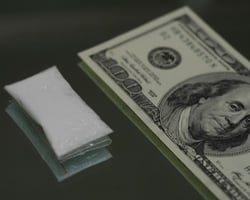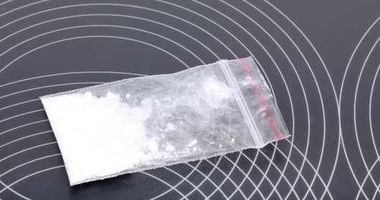Citicoline Appears to Reduce Cocaine Use in Patients With Bipolar Disorder, Study Finds
 |
For the study by E. Sherwood Brown, M.D., Ph.D., a professor of psychiatry at the University of Texas Southwestern Medical Center, and colleagues, 130 outpatients with bipolar I disorder and cocaine dependence received citicoline or placebo for 12 weeks. (Citicoline is sold as a prescription drug in Japan and Europe and over the counter as a dietary supplement in the United States. It has a mild side effect profile, is relatively inexpensive, and has no known drug-drug interactions, according to the researchers.) Assessments of mood, based on the Inventory of Depressive Symptomatology–Self Report, the Hamilton Depression Rating Scale, and the Young Mania Rating Scale, were performed weekly, and urine drug screens were conducted three times per week.
While no between-group differences in mood symptoms or side effects were observed, the researchers found that there was a significant treatment group and group-by-time effect (whether or not missing urine screens were imputed as cocaine positive).
“The effects of citicoline in reducing cocaine use appeared to occur quickly and tended to decline during the study,” the authors write. “These findings suggest that citicoline might be most effectively used in an acute treatment to reduce cocaine use in inpatient settings while other treatments are initiated rather than as a long-term monotherapy.”
For more on strategies to reduce cocaine use, see the Psychiatric News article "Cocaine Vaccination Isn't Science Fiction Anymore."





